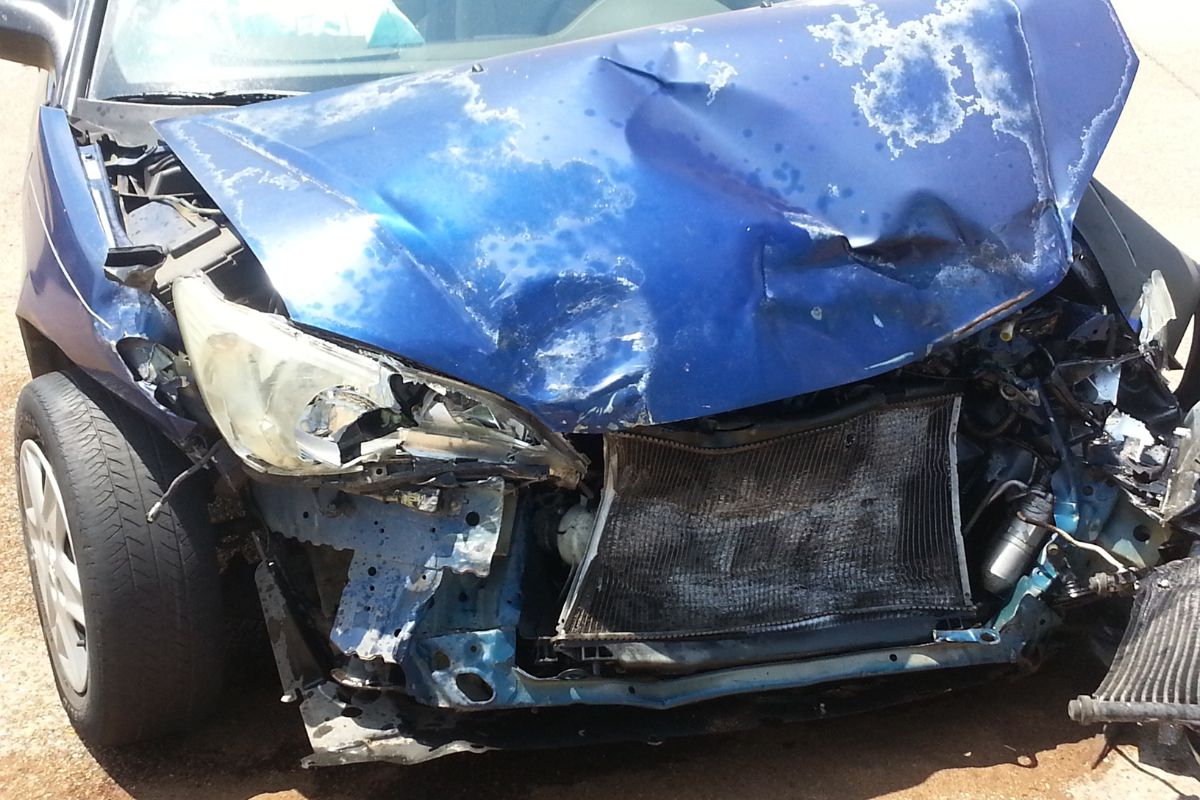
A car accident claim can feel overwhelming, especially when the path to resolution seems unclear.
Most cases end with a settlement, but what happens when both sides can’t agree?
In these situations, taking the case to trial may be the only way to resolve the dispute and secure the compensation you deserve.
Understanding why some cases go to trial while others settle can help you prepare for the journey ahead. Factors like disputes over liability, insurance company tactics, or complex damages often influence this decision.
Whether you’re considering your options or want to know what to expect, this guide will help break down the reasons car accident cases proceed to trial and how to approach them effectively.
When Do Settlement Negotiations Fail?
Most car accident claims end with a settlement. However, when negotiations stall, pursuing a trial becomes necessary. Parties often turn to court when disputes over liability or compensation arise.
- Insurance companies may offer unreasonably low settlements, leading to a stalemate.
- Victims may reject offers if the proposed amount doesn’t cover damages like medical bills or lost wages.
- Disagreements about who caused the accident often make settling out of court impossible.
- A trial provides an opportunity to present evidence and let a judge or jury decide.
This shift from settlement talks to trial reflects the need for resolution when neither party agrees on fair compensation.
Disputes Over Liability
Disagreements about who caused the accident can push a case to trial. Determining fault involves examining evidence, which isn’t always straightforward.
- Accidents involving multiple parties often result in contested liability.
- Situations like left-turn collisions or rear-end accidents can lead to differing accounts of events.
- Evidence such as police reports, witness testimony, or dashcam footage plays a critical role.
- When parties can’t agree, a trial allows a judge or jury to review the facts.
Clear and convincing evidence is essential for proving liability and moving forward with compensation claims.
Challenges with Insurance Companies
Insurance companies don’t always act in good faith. Their tactics sometimes force accident victims to take cases to court.
- Denied claims or offers that undervalue injuries often result in litigation.
- Bad faith practices, such as delaying payment or misrepresenting policy terms, frustrate victims.
- Insurers may pressure victims to accept unfair settlements, leaving them under-compensated.
- Trials can compel insurers to reassess their tactics and act responsibly.
In such cases, car accident attorneys in Springfield, MO, play a vital role in holding insurers accountable and advocating for fair outcomes.
Complex or High-Stakes Cases
Severe injuries or substantial damages often make settlement negotiations more challenging, leading to trial.
- Cases involving catastrophic injuries require thorough legal and medical analysis.
- High-value claims, like those with lifelong medical expenses or lost earning capacity, increase the stakes.
- Legal precedents or novel issues, such as product liability or unique laws, add complexity.
- Trials allow for detailed examination and resolution of these intricate matters.
When stakes are high, thorough preparation and expert testimony become essential to securing justice.
Unresolved Disputes About Damages
Disagreements about compensation amounts often push a case to court. Determining fair damages involves a thorough analysis.
- Medical expenses, especially for ongoing care, frequently become contested points.
- Calculating lost wages or diminished earning capacity adds complexity.
- Pain and suffering or emotional distress claims often face scrutiny.
- Expert testimony from economists or medical professionals strengthens damage claims.
A personal injury attorney specializing in car accidents ensures your damages are accurately represented and supports you through litigation if necessary.
The Role of an Attorney in Trial Decisions
Attorneys provide invaluable guidance when deciding whether to go to trial. Their expertise ensures a strategic approach.
- They evaluate evidence and determine if a settlement or trial better serves your interests.
- Attorneys build strong cases, preparing compelling arguments and gathering key witnesses.
- Their knowledge of court procedures and legal requirements streamlines the process.
- Experienced lawyers anticipate potential challenges and craft strategies to address them.
With the right legal representation, you gain confidence in navigating the complexities of a trial.
Steps to Prepare for Trial
Preparing for trial requires careful planning and organization. Each step strengthens your position in court.
- Gather all relevant evidence, including photos, medical records, and accident reports.
- Work closely with your attorney to develop a strong case strategy.
- Practice your testimony and prepare witnesses for cross-examination.
- Understand court procedures and timelines to minimize surprises.
- Stay calm, confident, and focused during trial proceedings.
Deciding to take a car accident case to trial can feel overwhelming, but it may be the best path to justice. Trials offer a chance to present evidence, challenge disputes, and secure fair compensation. With the right legal guidance, you can confidently navigate the complexities, protect your rights, and fight for the outcome you deserve.




